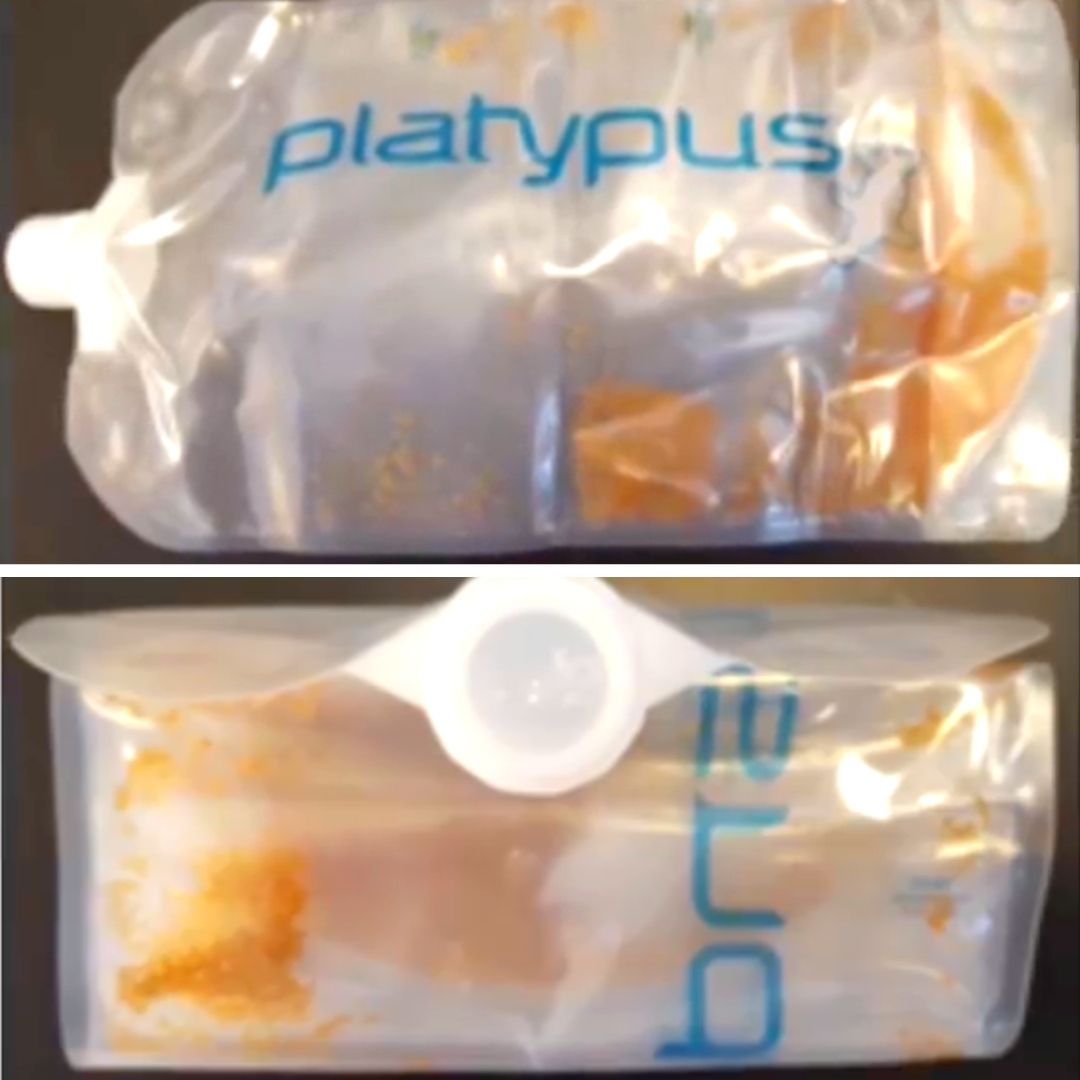
Image Credit: Facebook/iitkanpur
IIT-Kanpur, MIT Researchers Create Cost-Effective Water Purifying Device To Trace Hard Metal Pollutants
Writer: Shashwat Swaroop Garg
My name is Shashwat Swaroop Garg, I'm 21 years old and I am from Kanpur, Uttar Pradesh. I am a media student at Symbiosis Institute of Media and Communication, Pune. I am currently pursuing my specialization in Journalism. I am interested in playing videogames, reading and learning about new and interesting things and I work well in a team
India, 20 May 2022 7:55 AM GMT
Editor : Snehadri Sarkar |
While he is a massive sports fanatic, his interest also lies in mainstream news and nitpicking trending and less talked about everyday issues.
Creatives : Snehadri Sarkar
While he is a massive sports fanatic, his interest also lies in mainstream news and nitpicking trending and less talked about everyday issues.
Researchers from IIT-Kanpur and MIT have developed a low-cost water purifying device that can detect hard metal pollutants. The device can produce inorganic contaminant-free water at a low cost of ₹2 per litre.
In collaboration with the Massachusetts Institute of Technology (MIT), researchers from IIT-Kanpur have developed a device that can help purify water and make it safe for drinking by detecting hard metal components. The device can produce inorganic contaminant-free water at a low cost of ₹2 per litre. Researchers say that the device can be used in rural areas where water quality testing facilities are limited.
Know About The Device
Indra Sekhar Sen, associate professor at the Department of Earth Sciences, and project lead from IIT-Kanpur, said, "It is a collapsible bottle of one-litre capacity with an ion-exchanging resin mechanism working inside it. The desired amount of water is to be filled into this bottle and given a mechanical shake." He further added that the resin absorbs and makes the water free from heavy metal pollutants mixed in it through a mechanism of ion exchanges.
The device works without power and has zero maintenance expenses, as it does not leave any residual wastewater.
In a press statement, Professor Abhay Karandikar, Director of IIT-Kanpur, said, "This novel device would be revolutionary in terms of water quality monitoring and purification. This is a very timely and quintessential device to curb the issues plaguing clean water resources."
The device was developed by using existing knowledge of ion-exchanging resin. These resins are granular microbeads of polymers that facilitate the exchange of ions during chemical reactions.
How This Device Can Be Vital For Humans
India has a high groundwater depletion rate, making supplying clean and sufficient safe drinking water a massive task, as it involves the efforts of multiple government agencies and stakeholders along with technological support. Researchers from IIT-Kanpur have said that this device can be used in rural areas, where water quality testing facilities are limited at a low cost of ₹2.
While responding to The Indian Express in an email, Rohit Karnik, Head of Microfluidics and Nanofluidics Research at MIT, said, "This device is meant to address the lack of technologies to detect trace contaminants at the source with high sensitivity and confidence." He further added that this device would extract the contaminants in water and allow lightweight transport in a dry state.
In its current state, the device can calculate the hardness of water, as well as determine pollutants like cadmium, lead, chromium and manganese.
Also Read: Another Outbreak? Monkeypox Cases Are Spreading Across Europe, North America At Alarming Rate
 All section
All section













